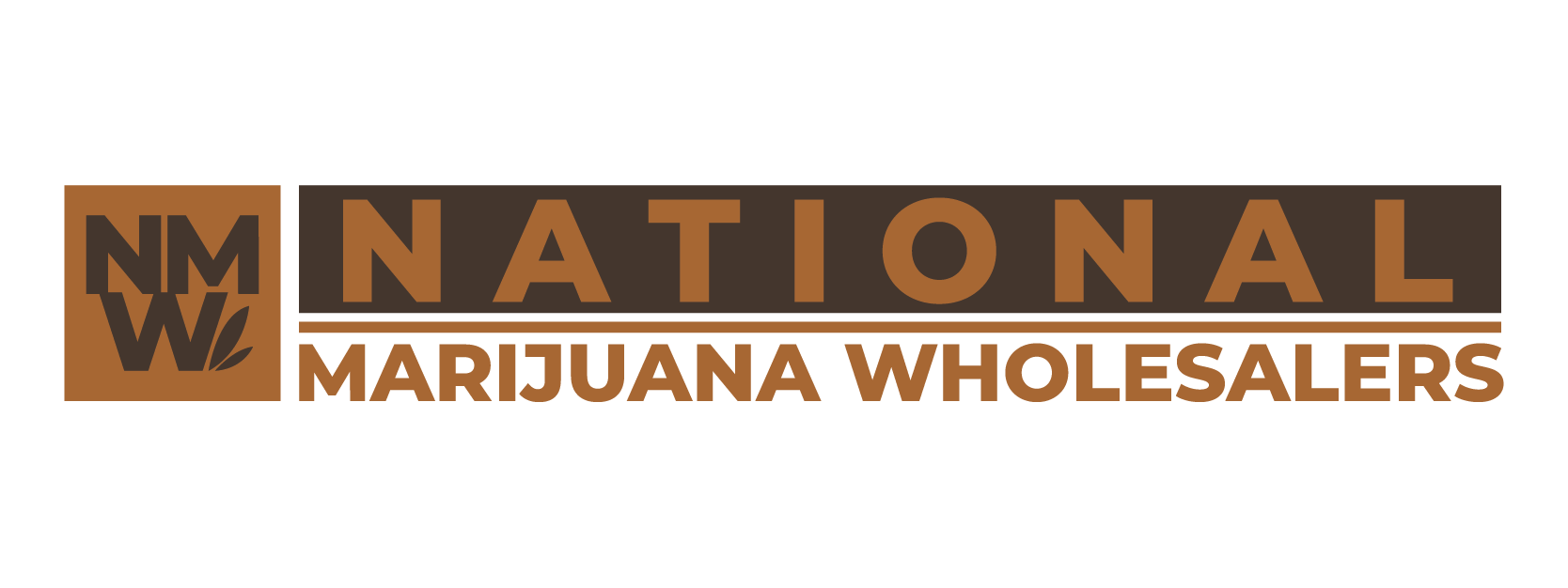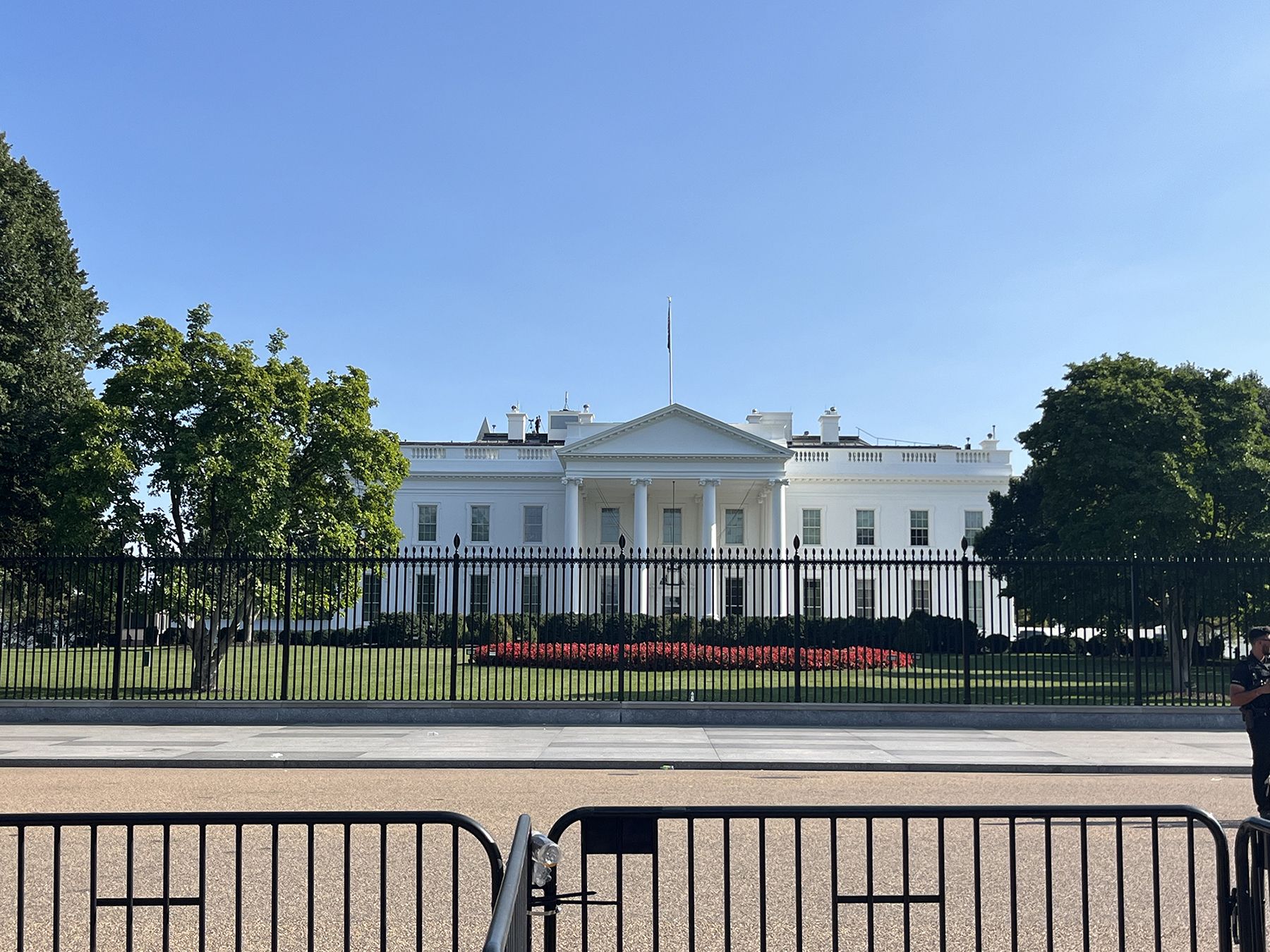Right now, wholesalers operate inside state silos. No interstate shipments, no national hub-and-spoke networks, and no ability to balance supply gluts in one state with shortages in another. That balkanization is a direct byproduct of the federal Controlled Substances Act: cannabis remains federally illegal (with rescheduling to Schedule III still only proposed, not finalized), so moving product across state lines is off-limits. The Congressional Research Service (CRS) has repeatedly flagged this state–federal gap as the core blocker to rational, interstate markets.
The patchwork spills into logistics. USPS and most common carriers treat marijuana as non-mailable contraband; hemp has narrow lanes, but THC cannabis is a no-go. That means wholesalers rely on in-state, privately contracted transport with different manifests, escorts, and protocols in each jurisdiction, expensive, slow, and duplicative. Federal legalization would unlock standard common-carrier shipping and let distributors design national routes, regional cross-docks, and temperature-controlled networks that actually scale.
Banking is another chokepoint. FinCEN’s 2014 guidance explains how banks can serve marijuana-related businesses under the Bank Secrecy Act, but it’s risk-heavy and paperwork-intensive, so many institutions still balk. Wholesalers live with cash handling and higher insurance and compliance costs as a result. Legalization, and the clarity it brings to AML/KYC obligations, would normalize treasury operations: mainstream credit, lending, cash management, and payments rails become routine rather than special-case exceptions.
Then there’s the tax vise: IRS Code §280E bars ordinary business deductions for trafficking Schedule I or II substances, which inflates effective tax rates for plant-touching companies. The IRS has affirmed as recently as 2025 that 280E remains in force while marijuana is Schedule I; rescheduling to Schedule III would remove 280E pressure, but that alone still wouldn’t permit interstate wholesale. Full federal legalization (or explicit Congressional authorization of interstate commerce) would both end 280E pain and enable distributors to reinvest in cold chain, quality systems, and national sales teams.
Legal fragmentation also warps market structure. States have experimented with residency preferences and equity-tiered licenses; federal courts are increasingly striking down protectionist rules under the Dormant Commerce Clause, signaling that even pre-legalization states can’t wall off participation. Federal legalization would likely cement a national competition baseline, forcing wholesalers to win on service levels, freshness, and compliance rather than geography. Recent appellate decisions in the First and Second Circuits sharpen that trajectory.
Quality and compliance are the quiet killers of margin in today’s system. Every state writes its own testing, labeling, and track-and-trace rules; wholesalers juggle dozens of SKUs that are chemically identical but packaged for different rulebooks. A federal framework could harmonize core elements, potency and contaminant thresholds, universal QR labeling and recall protocols, while letting states layer consumer-protection nuances. With one national spec, distributors could batch production more efficiently, reduce relabeling waste, and deploy unified digital traceability. CRS has documented how the policy gap fuels inconsistent consumer protections; a federal regime would close that delta.
What about rescheduling instead of full legalization? If cannabis moves to Schedule III, wholesalers would likely see 280E relief and better research access, but interstate commerce would still be murky without Congressional action and clear FDA/DOJ implementation. Rescheduling is a meaningful fiscal pressure valve; legalization is the market re-architecture. The DOJ’s proposed rule kicked off hearings and a long administrative process, helpful, but not a turnkey fix for distribution walls.
Net-net, why would federal legalization be such a big deal for wholesalers?
- Interstate scale. Centralized warehousing, national demand planning, and route optimization replace 50 mini-markets. That raises inventory turns and lowers unit logistics costs.
- Standard carriers. Access to USPS and mainstream freight lowers security spend and expands 1–2-day ground coverage for perishable form factors (fresh-frozen inputs, live resin).
- Normalized finance. Cheaper capital, conventional credit terms, and better cash management reduce risk premiums bled into wholesale pricing.
- Unified compliance. One national label and testing backbone shrinks relabeling, retesting, and SKU fragmentation.
- Predictable rules. Clear federal enforcement standards replace the whiplash of memos issued and rescinded (e.g., the 2018 Sessions memo that revoked Cole). Predictability lowers legal and insurance costs.
National distribution can’t mean lowest-common-denominator quality. If legalization ushers in warehouse-sized scale, it should also hard-wire freshness windows, terpene retention standards, and transparent chain-of-custody data shoppers can scan on a label. The industry’s best wholesalers already act like modern CPG distributors; legalization would finally let them operate like it across state lines, with the same rules, taxes, and trucks as everyone else.

